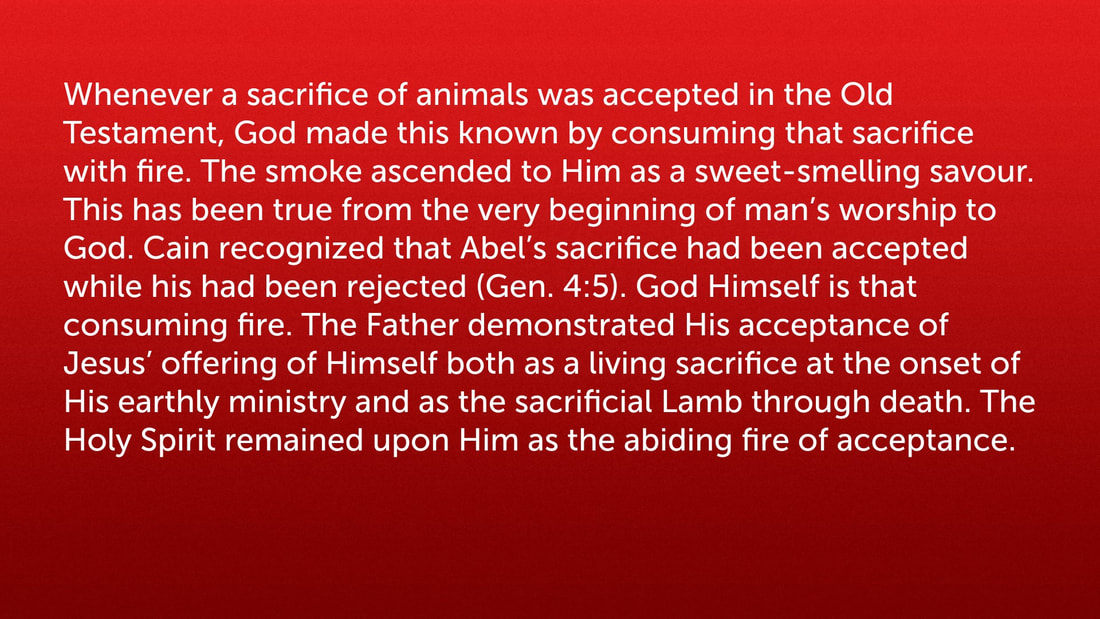|
Avoiding the Spirit of Criticism of this Age. February 18th,2019 Criticism, like rain, should be gentle enough to nourish a man’s growth without destroying his roots. Frank A. Clark Understand that the last days will be dangerous times. 2 People will be selfish and love money. They will be the kind of people who brag and who are proud. They will slander others, and they will be disobedient to their parents. They will be ungrateful, unholy, 3 unloving, contrary, and critical. They will be without self-control and brutal, and they won’t love what is good. 4 They will be people who are disloyal, reckless, and conceited. They will love pleasure instead of loving God. 1 Timothy 3:1-4 CEB In the above quotation we read of criticism, that is like rain that doesn't wash away like a flood a man or woman's roots, but gently helps to assist in edification, redemption or restoration. This type of criticism or measure of correction, is the type of criticism that is wise counsel that leads to hope. This is the form of criticism we should use, with the right spirit or temperament in our ministering one towards another. However, in our fast paced world, filled with with Spirit of the age spoken of in 1 Timothy 3:1-4. We see a world that cannot just be harsh, but destructive in its form of counsel or admonishment toward others. Not looking to redeem or patiently train an individual towards success, but rather make a point, or a power play of domination. As believers we need the heart of a shepherd who looks to tend to his flock, and is intimately aware of the lives they are dealing with. Like a father or mother who looks to encourage their children toward a better life than their own. If more pastors, teachers or believers in general had that attitude. We would avoid so many of the christian casualties we have in the Body of Christ. Questions to ask yourself when counseling or criticizing a fellow believer. What is my intent? Am trying to just shut them up or put them down? Do I have their best interest at heart, or mine? How can I use my criticism wisely toward their betterment and edification? Have I paused and prayed about the words I will speak? Theses are the type of questions you may ask yourself before you embark on criticism or the admonishment of an individual. Especially, if you are an elder or overseer in this person's life. For it can have eternal consequences. Don't rip out the roots of their lives. Establish hope and opportunity for that individual in the future. That will allow that individual to see this as a pruning of the branches, and recognize the Father's love in your approach. We must have wise counsel, and avoid a spirit that becomes a " crop of criticism. " One of the best examples I know of this comes from a book I have in my library on " Biblical Counseling Keys on Criticism " by June Hunt. She is describing Elihu's counsel to Job, lets listen in. Elihu (Hugh) starts out with the voice of reason amidst a torrent of emotion.… “So listen to me, you men of understanding. Far be it from God to do evil, from the Almighty to do wrong.… It is unthinkable that God would do wrong, that the Almighty would pervert justice” (Job 34:10, 12). While Hugh eloquently espouses truths about the character of God, he—like the others—eventually grows a crop of criticism where Job is concerned. He wrongly assesses the cause of Job’s multiple tragedies. “Is there anyone like Job, who drinks scorn like water? He keeps company with evildoers; he associates with the wicked” (Job 34:7–8). Hugh pressures Job to repent and proclaims: “Now you are laden with the judgment due the wicked; judgment and justice have taken hold of you” (Job 36:17). But the criticism will stop … when God speaks. And, oh, will He speak! In truth, you can grow a “crop of criticism” even if you usually are not a critical person. These “crops” can suddenly sprout up through circumstances in which you cast a critical eye or bend a critical ear. With the source of your criticism rooted in resentment toward others, you eagerly point out their flaws. You may not recognize when you are being overly critical, but God does … and so do those who know you best. The Bible even says … “All a person’s ways seem pure to them, but motives are weighed by the Lord.” (Proverbs 16:2) In conclusion, remember to measure your motives, and make sure that God's love must come through. When folks recognize God's love and concern in your confronting any issue, it will almost always turn out to benefit all those involved in the situation. Avoid the spirit of the world, let the Holy Spirit move through you, His anointing will make all the difference in the world. In His Love, Rev. Patrick Vossen Founding Pastor Dealing with Prejudice
He must needs go through Samaria. (John 4:4) Jesus had to go through Samaria—and so must we! Listen to what the woman at the well told Him: “The Jews have no dealings with the Samaritans” (John 4:9). This may be touchy, but the God who sees our hearts won’t put up with racism—He’s color blind! One of the worst offenders was Peter, but God dealt with him in a vision and then sent him to preach the first sermon ever heard by Gentiles. Listen to what Peter told those Italians, “It is against the Jewish laws for me to come into a Gentile home like this. But God has shown me … that I should never think of anyone as inferior” (Acts 10:28, TLB). Paul said, “Jews and Gentiles are the same” (Romans 10:12). I was raised in a divided Belfast and grew up among “my own kind.” We went to school together, played together, and believed we should avoid “the other kind”—for God wanted it that way! Christians in America are amazed when I tell them about it; but you should see their reaction when I ask why black children had to ride in the back of the bus? We’ve all got to go through Samaria, because we’re all going to live together in an “undivided city,” with a “a great multitude … from every nation, tribe, people and language, standing before the throne” (Revelation 7:9). TODAY TAKE A LOOK INTO YOUR HEART. Bob Gass We have added another part to our two foundational course series of lessons we undertake at Covenant of Grace. First, we have our Foundations course, then our Covenant Worldview, and now this latest on Laying Foundations which is more or less a more practical guide. This course allows us to go much farther than we have before in these series of lessons. For now we are forced to really consider a deeper working knowledge of Kingdom Principles, I hope all who are undertaking this course are enjoying it. We have over 30 folks currently studying in this group.
Here is a quote from one of our last lessons. |
Reverend Patrick Vossen,
|


